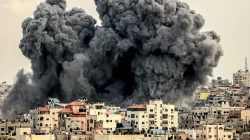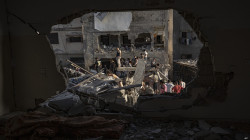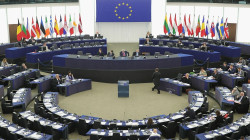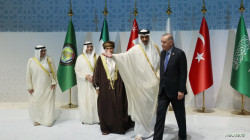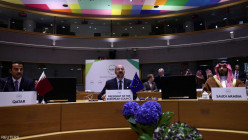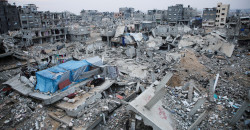$2 trillion war toll: Gaza faces decades of rebuilding
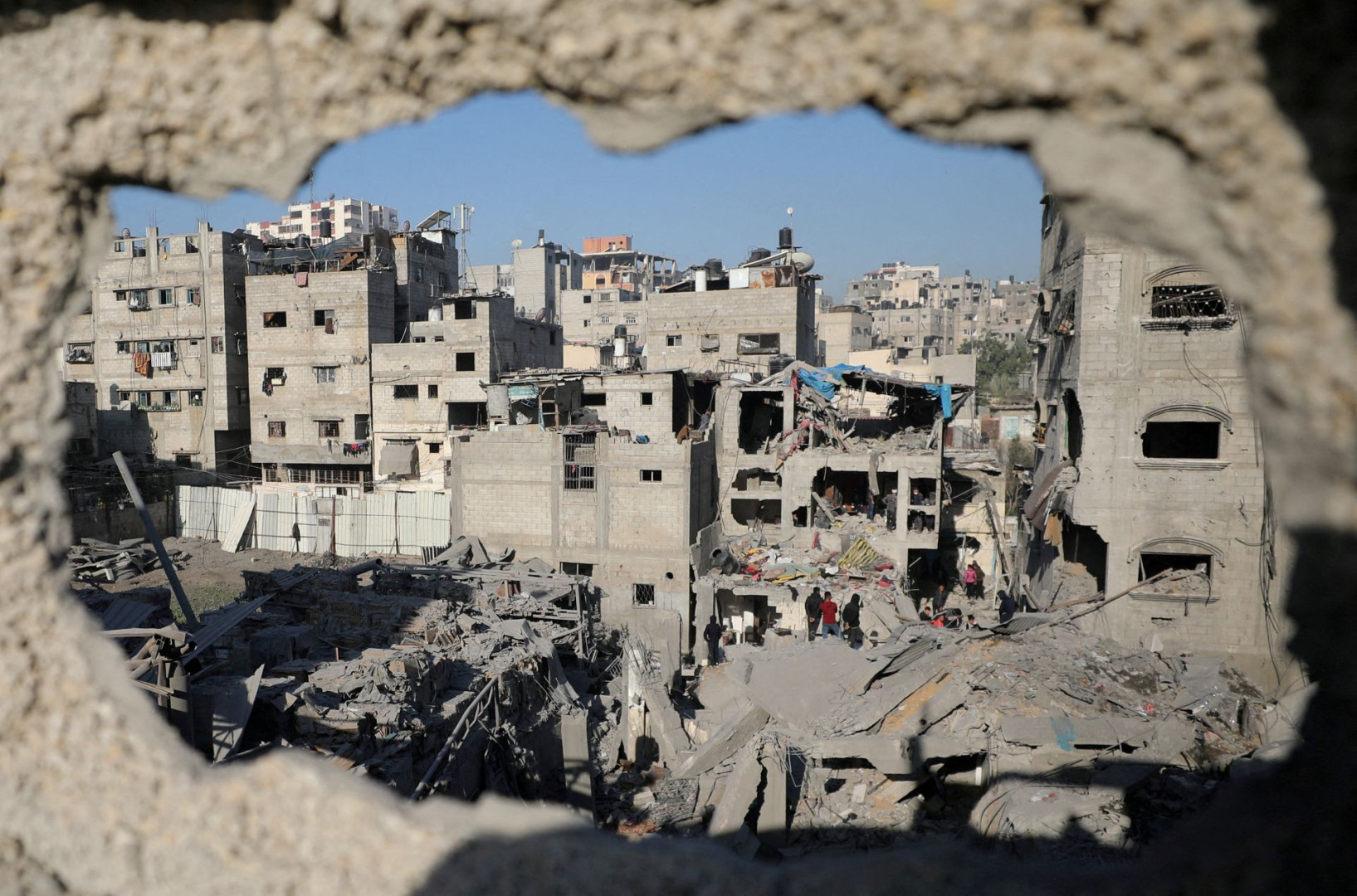
Shafaq News/ The economic toll of the Palestinian-Israeli war has reached $2 trillion, encompassing direct and indirect losses across the region, a report by the Arab Strategy Forum revealed.
As of January 15, the latest data from the United Nations Office for the Coordination of Humanitarian Affairs, the World Health Organization, and the Palestinian government nearly all homes have been either damaged or destroyed, and 80 percent of commercial facilities have been affected. 88 percent of school buildings were impacted. In addition, healthcare facilities are in a dire state, with 50 percent of hospitals only partially functional, and 68 percent of the road networks and cropland have been damaged.
The war alone caused direct damages exceeding $35 billion, with reconstruction costs projected at over $80 billion. According to United Nations estimates, removing 40 million tons of rubble could take 15 years and $1.2 billion, while rebuilding homes might extend to 2040.
“Financing is the primary obstacle to reconstruction,” said Nasser Zohair, head of economic and diplomatic affairs at the European Policy Organization. “The biggest challenge is convincing international donors that this conflict won’t reignite, which makes reconstruction slower than after previous wars.”
According to experts, the economic repercussions extend beyond Gaza, affecting neighboring countries like Egypt, Jordan, and Lebanon. The conflict has disrupted maritime trade in the Red Sea, heightened geopolitical tensions, reduced investment flows, and increased borrowing costs.
“Ceasefires in Gaza provide the region with a chance to pause and reassess,” Zohair said. “Ending the fighting could unlock investment opportunities in Gaza, Syria, and Lebanon, but only if political and security conditions stabilize.”
Zohair noted that the United States, particularly during the Trump administration, applied substantial pressure on Israel to broker ceasefires. However, he emphasized that “real peace requires addressing the core issues: the occupation and the lack of a return to 1967 borders.”
“Eliminating Hamas won’t resolve the fundamental problems,” Zohair added.
According to observers, rebuilding Gaza is emerging as a critical test for international commitment. While the Palestinian Authority asserts its capability to oversee reconstruction, political divisions, particularly the role of Hamas, remain significant hurdles.
“Linking reconstruction funding to a unified Palestinian authority might pressure Hamas out of the picture,” Zohair explained. “But continued political fragmentation will delay rebuilding efforts and deepen the suffering of Gaza’s population.”
